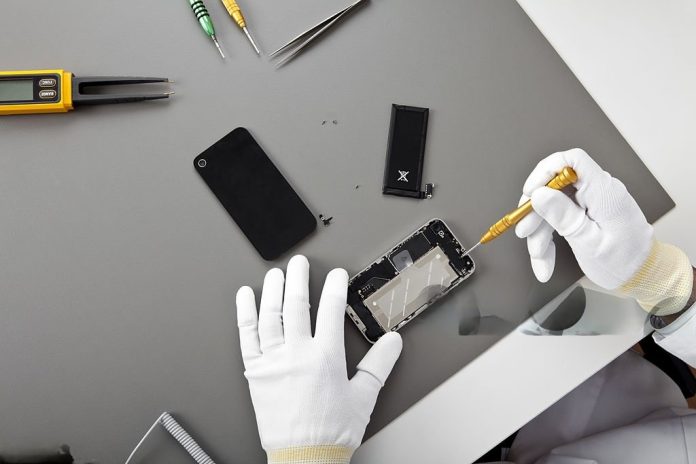iPhones have long been criticized for their lack of repair-friendliness. While users and independent repair shops have bemoaned the difficulty and cost of fixing these ubiquitous devices, Apple has remained relatively tight-lipped on the issue. However, recent statements from the tech giant have shed some light on their reasoning behind this design philosophy.
In a move that surprised many, Apple has acknowledged the challenges associated with iPhone repairs. They’ve outlined their justifications, which often center around maintaining device security and performance. Apple argues that their tightly controlled design and software integration ensure the highest quality user experience.
They believe that readily available parts and third-party repairs could compromise the security features built into iPhones, potentially exposing user data and increasing vulnerability to malware. Additionally, Apple emphasizes the intricate calibration processes their devices undergo during manufacturing. They suggest that repairs performed outside of their authorized channels could disrupt these delicate calibrations, leading to diminished performance or malfunctioning components.
However, Apple’s explanations haven’t silenced all critics. Opponents argue that these justifications mask a desire to control the repair market and maximize profits. By making repairs difficult and expensive, users may be more inclined to simply purchase a new device when faced with a malfunctioning iPhone. Additionally, some believe Apple’s focus on security could be an overreach, hindering the right to repair one’s own property. Independent repair shops further highlight the negative environmental impact of increased e-waste generated by disposable phone culture.
The debate surrounding iPhone repairability is complex, with valid arguments on both sides. Understanding Apple’s perspective allows for a more informed discussion. Whether their explanations hold water or simply mask a profit-driven agenda remains to be seen. However, one thing is certain: the issue of iPhone repairability is sure to spark further debate and potential policy changes in the years to come.

